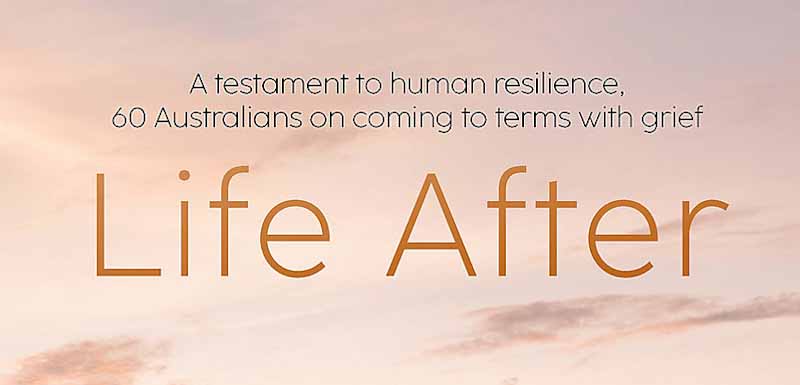It has been several months since the 23rd World Congress for Health and Safety was held in Sydney, pictured above. A major benefit of attending occupational health and safety (OHS) conferences is meeting people, old and new. I was honoured to meet Rene LeBlanc, an occupational hygienist from Canada. We had dinner on a very rainy and stormy Sydney night, and Rene agreed to an interview. Below is an edited version of part of that conversation (it was a long dinner). Rene was wide-ranging on his OHS topics.
Category: business
What makes Victoria think it is so special?
The Victorian government has released the final report of the Legislative Council Economy and Infrastructure Committee’s inquiry into the Workplace Injury Rehabilitation and Compensation Amendment (WorkCover Scheme Modernisation) Bill. Many readers will already be asleep after that sentence. Forgive me, it is accurate, but is the report of any use? It certainly progresses the debate on psychosocial regulations.
The sleeper IR issue of the Right-to-Disconnect wakes up
This week, the Australian Parliament debates further workplace relations legislative system changes. These will have occupational health and safety (OHS) impacts, usually indirectly; however, one clear OHS element in the proposed legislation is the Right-to-Disconnect.
This change has been a long time coming and has clear and proven mental health and social benefits for workers, but you won’t hear much of the OHS justification in the media. Most of the business opposition has been alarmist noise claiming the world will end. According to the Australian Financial Review (AFR) editorial on February 1 2024. Workplace Relations Minister Tony Burke:
Predatory Capitalism and OHS
A fundamental aim of occupational health and safety (OHS) is the prevention of harm. To determine the most effective ways of preventing work-related harm, OHS professionals must investigate the source of harm. This requires them to look beyond their own workplaces to socioeconomic factors. Greed is the source of almost all of the world’s economic woes.
Greed manifests in the OHS context by employers not allocating sufficient resources for people to work safely and healthily. This greed, this seeking of maximum profits and excessive wealth, is supported by legislative, financial and social institutions. A new book by Ingrid Robeyns – “Limitarianism, – The Case Against Extreme Wealth” – offers several examples of how greed creates unsafe work.
Understanding Grief
Occupational health and safety (OHS) has always dealt with death. Many of the most significant legislative and operational changes have resulted from one or more work-related deaths. The horror and tragedy of each death cause us to redouble our efforts to prevent untimely death.
The reality of occupational deaths and the quest to prevent death are crucial elements of OHS’s beliefs, philosophy and principles. Each of these deaths generates grief, an emotional and mental state that an Australian book explores from the “lived experience”.
Life After is a curious book published in 2021.
Are wellbeing programs “safe washing” their OHS performance?
First, there was brainwashing, then greenwashing and safewashing. Could the well-being industry be accused of safewashing? Has well-being had its day in the sun?
The first use of safewash to describe presenting occupational health and safety (OHS) information in a diffused truth was in the 2016 research paper by Sharron O’Neill, Jack Flanagan and Kevin Clarke, called “Safewash! Risk attenuation and the (Mis)reporting of corporate safety performance to investors” (abstract/summary available). It has turned up elsewhere since.
Call for Industrial Manslaughter laws after more unnecessary deaths
It was inevitable that all States in Australia would end up with Industrial Manslaughter (IM) penalties related to occupational health and safety (OHS). Tasmania is the latest to start the consultation on these laws, and again, it has required a work-related tragedy to generate the outrage that seems required for such a push.
The Australian Broadcasting Corporation is reporting on the grief and outrage of Georgie Burt, one of the parents of
“….one of six children who died when a jumping castle became airborne at an end-of-year celebration at Hillcrest Primary School in Devonport in 2021.”
hyperlink added







